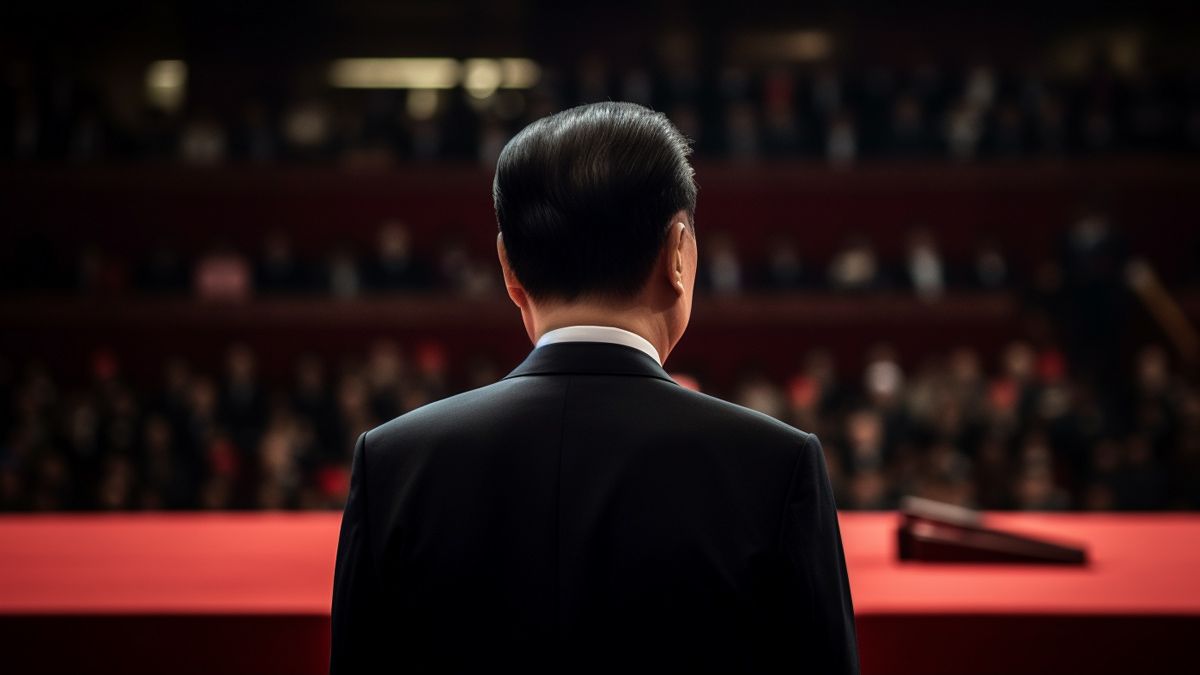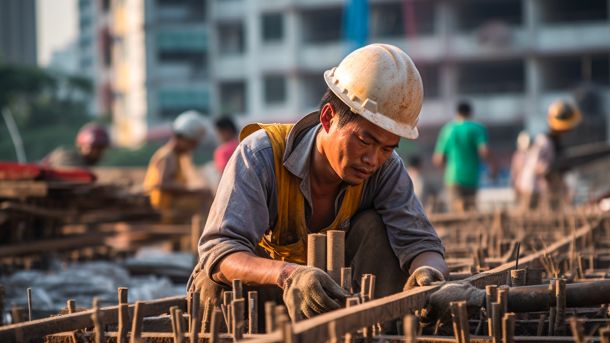Li Qiang, newly elected Chinese Prime Minister, faces economic challenges

Advertisement
Li Qiang succeeds Li Keqiang, who is stepping down after two five-year terms during which his influence has diminished, while Xi Jinping has consolidated his power and steered the world’s second-largest economy towards a more statist direction. Li Qiang is the first Prime Minister since the founding of the People’s Republic to have never held a position within the central government, which means he could face a challenging adjustment period during his first months in office, according to analysts.
Li Qiang, a supporter of Xi Jinping
Li Qiang’s close ties with Xi Jinping, for whom he served as chief of staff between 2004 and 2007, will enable him to get things done, according to the leadership. “My interpretation of the situation is that Li Qiang will have much more latitude and authority within the system,” said Trey McArver, co-founder of consulting firm Trivium China.
Xi Jinping, 69, is placing a series of loyalists in key positions during the largest government reshuffle in a decade, as a generation of more reformist officials retires and he further strengthens his power after being unanimously elected president for a largely symbolic third term last Friday.
Economic challenges to overcome
China’s economy grew by only 3% last year, and at the opening of Parliament, Beijing set a modest growth target for 2023 of around 5%, the lowest in nearly three decades. Li Qiang’s main mission this year will be to achieve this target without causing significant inflation or excessive debt, said Christopher Beddor, deputy director of China research at Dragonomics.
China’s post-pandemic recovery has been uneven, with inflation in February lower than expected, while Chinese e-commerce giant JD.com Inc warned on Thursday that rebuilding consumer confidence would take time. Some of Beijing’s most successful private companies, like Alibaba, have been hit by harsh crackdowns and regulatory hurdles in recent years, and Li Qiang will need to restore confidence in the private sector.
International companies also remain wary. For the first time in 25 years of polling, the American Chamber of Commerce in China said earlier this month that a majority of surveyed companies no longer consider China a “top investment priority.” China is nevertheless seeking to present a welcoming economic face. Last Friday, Xinhua news agency reported that an official from the Chinese planning agency met with a vice president of American chip giant Qualcomm Inc and assured that China would provide a good business environment for multinationals.
This article was written based on information provided by Reuters news agency here.
Advertisement
Read next in World

International Investors Demand Concrete Steps to Restore Confidence in Chinese Real Estate Industry

West African Countries Impose Sanctions on Niger Following Coup

Turkish currency collapses by 7%, reaching an unprecedented level






